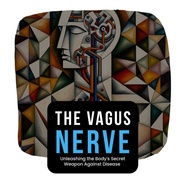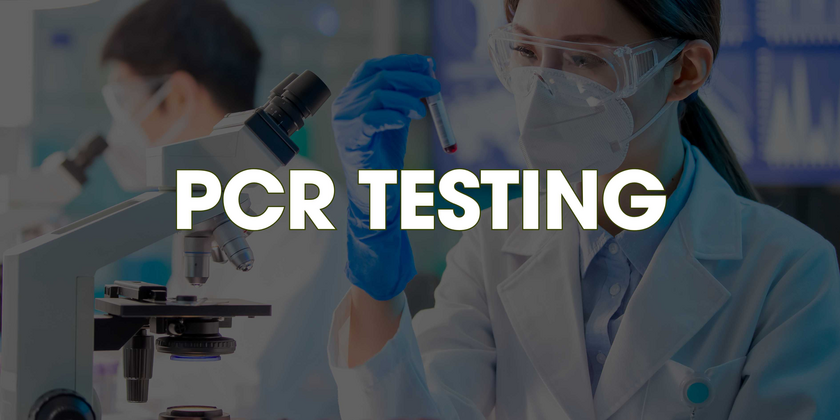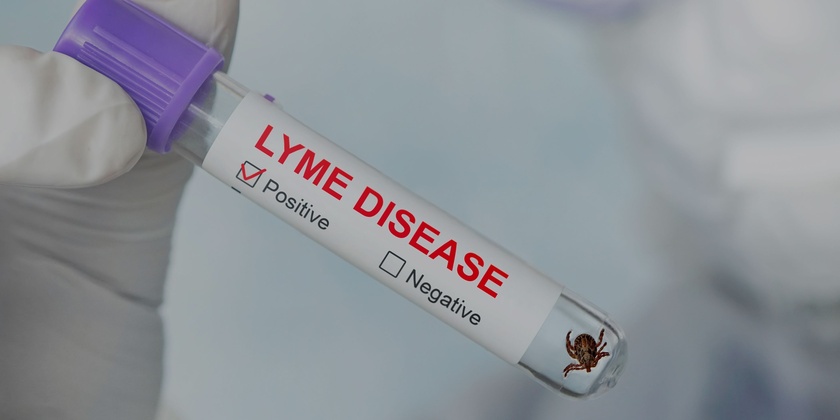
Dr. David Martin: "We actually introduced a thing called pseudouridine. And pseudouridine in 2018 was published to be a pro cancer agent. It actually shuts down the body's natural response to how we actually recognize tumors and suppress tumors. And we actually included pseudouridine in every single on of the mRNA shots to stabilize the mRNA so that it actually stayed in the human body longer to achieve its effect."
We've Moved The Vagus Nerve Locals group to my new and improved group, The Wellness Collective!
Dear valued community members,
We are excited to announce that we have migrated all our content to a new, dedicated platform: The Wellness Collective! This vibrant community is dedicated to exploring and embracing innovative, independent approaches to health and wellness. Here, we empower free thinkers to take charge of their health journeys through a wealth of resources and support.
Welcome to The Wellness Collective!
Our community offers a rich library of videos and articles covering a wide range of health-related topics, including detoxification, nerve repair, vagus nerve health, and chronic disease management. Each piece of content is crafted with care and backed by the latest research, ensuring you have access to cutting-edge information and practical advice.
At The Wellness Collective, we believe in the power of holistic healing and the importance of nurturing the mind, body, and spirit. We are ...

1. Drink lots of drinking water preferably distilled. This increases urinary output for increased excretion.
2. Eat only fruit and animal products that are organic. No grains or vegetables. Reduces heavy metal and pesticide exposure.
3. Exercise daily to the point of swearing. Remember exercise induced sweat has more heavy metals in it than sauna induced.

The Polymerase Chain Reaction (PCR) test, created by Dr. Kary Mullis in 1985, has become a vital tool in genetic research and diagnostics. This method allows for the amplification of small DNA segments, making detailed study possible. However, its application, especially in diagnosing viral infections like COVID-19, has stirred significant debate. Critics claim that the science behind its widespread use lacks sufficient backing. This post aims to explore these criticisms and examine the scientific arguments against using PCR tests as a diagnostic tool for COVID-19.
Understanding PCR Testing
Dr. Kary Mullis designed the PCR test to replicate genetic material, enabling detailed scientific study. The process involves cycles of amplification, where each cycle doubles the DNA amount. While this technology has revolutionized molecular biology, its use in diagnosing viral infections presents several concerns.
Potential for Misinterpretation
A key criticism of PCR testing, particularly for COVID-19, is the risk of misinterpretation due to over-amplification. Dr. Mullis himself noted that the PCR test is intended for research, not for diagnosing illnesses. He highlighted that with enough amplification, one can find almost anything in any sample, which doesn’t necessarily indicate disease.
Experts echo this concern, emphasizing the cycle threshold (CT)—the number of cycles needed to detect the virus—as a critical factor in test reliability. High CT values can detect non-infectious viral fragments, leading to false positives. The World Health Organization (WHO) recommends a CT value below 35, but many labs have used higher thresholds, adding to the controversy.
Development of the COVID-19 PCR Test
The rapid development of the PCR test for COVID-19 by virologist Christian Drosten has also faced scrutiny. Critics argue that Drosten's test, created shortly after the Chinese government published viral genomic sequences, was not adequately validated against real viral samples. They claim the test relied on theoretical constructs and assumptions, raising questions about its accuracy and reliability.
Amplification and False Positives
False positives are a significant concern. When the sequences used in PCR tests are compared with the human genome database, overlaps with human and bacterial/fungal genetic material are found. This non-specific detection can lead to many positive results that may not reflect actual infections. Furthermore, the cycle thresholds used in various laboratories vary widely, with some exceeding 40-45 cycles, which critics argue is scientifically unsound and leads to unreliable results.
Issues with Primer Sequences and Business Interests
Drosten's PCR test has faced criticism for using degenerate primer sequences, which are not 100% specific and can react with various sequences, increasing false positives. Additionally, allegations of conflicts of interest have arisen, as Drosten developed the test for Roche, a company with substantial interest in the test's success. Critics suggest this relationship may have influenced the test’s rapid and widespread adoption without adequate validation.
Lack of Proper Validation
A significant criticism is that the PCR test used for COVID-19 diagnosis did not undergo rigorous validation, essential for clinical diagnostics. Typically, a new test should be validated against a "gold standard" to ensure accuracy. Drosten's PCR test, however, was released under Emergency Use Authorization (EUA) without thorough validation, leading to doubts about its scientific credibility.
Misinterpretation of Positive Results
The variability in PCR test results, where asymptomatic individuals test positive while symptomatic individuals test negative, further complicates matters. This discrepancy may stem from the test's sensitivity in detecting minute viral RNA fragments that do not indicate an active infection. As a result, the test might identify non-infectious viral debris, especially in asymptomatic individuals or those recovered from infection, leading to a high rate of false positives.
Expert Opinions and Sources
Numerous experts and studies have raised concerns about the PCR tests for diagnosing COVID-19:
- Statements from CDC and WHO: Both organizations have noted that detecting viral RNA through PCR does not necessarily indicate the presence of an infectious virus and should not be solely relied upon for COVID-19 diagnosis.
- Legal and Medical Opinions: Over 1,000 lawyers and 10,000 doctors have filed lawsuits citing the Nuremberg Code, arguing that PCR tests are unsuitable for pathogen detection and are inaccurate at higher cycle thresholds.
- Scientific Review: A review by 21 scientists, including former Pfizer VP Michael Yeadon, criticizes the COVID-19 PCR test for being based on theoretical sequences without proper validation against live or inactivated virus samples.
Conclusion
The use of PCR testing for diagnosing COVID-19 is highly contentious. While the technology is crucial in genetic research, its application as a diagnostic tool for viral infections has significant flaws.
Misinterpretation risks, issues with over-amplification, and questions about the test's development and validation highlight the need for re-evaluating its use. This post will continue to delve into these issues, considering the implications for public health and future diagnostic practices.
References
- World Health Organization (WHO) and Centers for Disease Control and Prevention (CDC) statements on PCR testing.
- Review by 21 scientists on the validation of PCR tests
- Legal and scientific analyses from experts, including former Pfizer VP Michael Yeadon.
- Mullis, Kary
- Cowan, Tom
- Diaz, Jacob

















